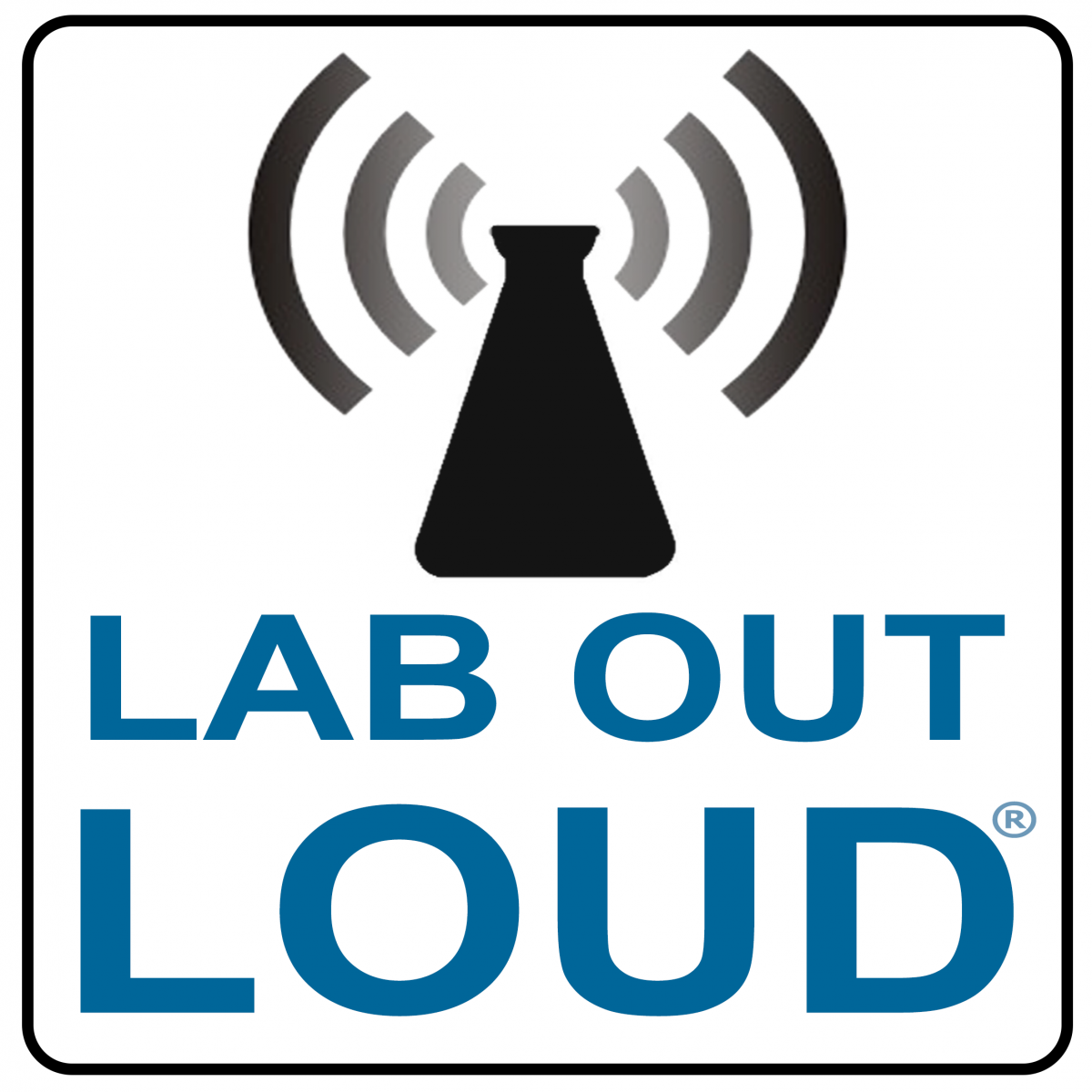Lab Out Loud: A Podcast for Science Teachers
Lab Out Loud started as an experiment. Could we bring a conversation about science education to a wider audience by delivering it through a new medium? After eight years, our audio podcast has developed into a passion that we've been fortunate to share with our listeners; every episode continues to teach us new things.
We actually started podcasting in 2006 for the Wisconsin Society of Science Teachers in a show we called Periodicity. By combining our love for science and technology, Periodicity allowed us to provide outreach to science educators in a new and convenient way. We learned that it was fairly easy to connect with people who wanted to talk about science - all you had to do was ask. The following year, we were lucky enough to capture the attention and support of the National Science Teachers Association, and Lab Out Loud's first season began.
After almost ten years of podcasting, one thing that keeps us going is the support we receive from science teachers - our target audience. We know that teachers listen to the show for ideas, inspiration, and some even use our episodes in class with their students. For instance, teachers have shared with us that they routinely play episodes such as Sir Alec Jeffries and DNA Fingerprinting and Gene Therapy for Colorblind Monkeys with their students.
 Most of our episodes are produced to target teachers of science. There is a gold mine of resources available, and we want to share them with science educators - both new and veteran. This is why we jumped at the opportunity to share Good Thinking! with our listeners, as we instantly recognized it for the wonderful resource that it is. Sometimes, the episodes become a kind of “how to” for science teachers. In a recent interview, we talked with Veritasium creator and host Derek Muller on how to make a good science video.
Most of our episodes are produced to target teachers of science. There is a gold mine of resources available, and we want to share them with science educators - both new and veteran. This is why we jumped at the opportunity to share Good Thinking! with our listeners, as we instantly recognized it for the wonderful resource that it is. Sometimes, the episodes become a kind of “how to” for science teachers. In a recent interview, we talked with Veritasium creator and host Derek Muller on how to make a good science video.
As we like to keep our interviews open and conversational, we are often pleasantly surprised at where the discussion takes us. For example, in an episode with guest Illah Nourbakhsh, we started talking about our future with robots, and ended up having a very insightful conversation about the process of science and educational philosophy. We had a similar experience when talking with science comedian Brian Malow. Through that conversation, we discovered how comedy and teaching are similar art forms.
Doing the show has expanded our own knowledge about science and has moved us beyond our own comfort areas. Dale’s background is in physics and geology, while Brian’s is biology and chemistry. This has helped us seek out a wide array of guests. It has also been a way for us to learn about things we would not have normally pursued on our own.
We also have a lot of fun. As our guests share our love for science, we tend to connect instantly. Our interviews with Steve Schlozman (There’s a Zombie in my Classroom) and Scott Sampson (Dr. Scott the Paleontologist from Dinosaur Train) were so enjoyable that we almost forgot we were recording. And we get to connect with some of our heros in science. How many science educators have been able to chat on the phone with people like Neil deGrasse Tyson or Bill Nye?